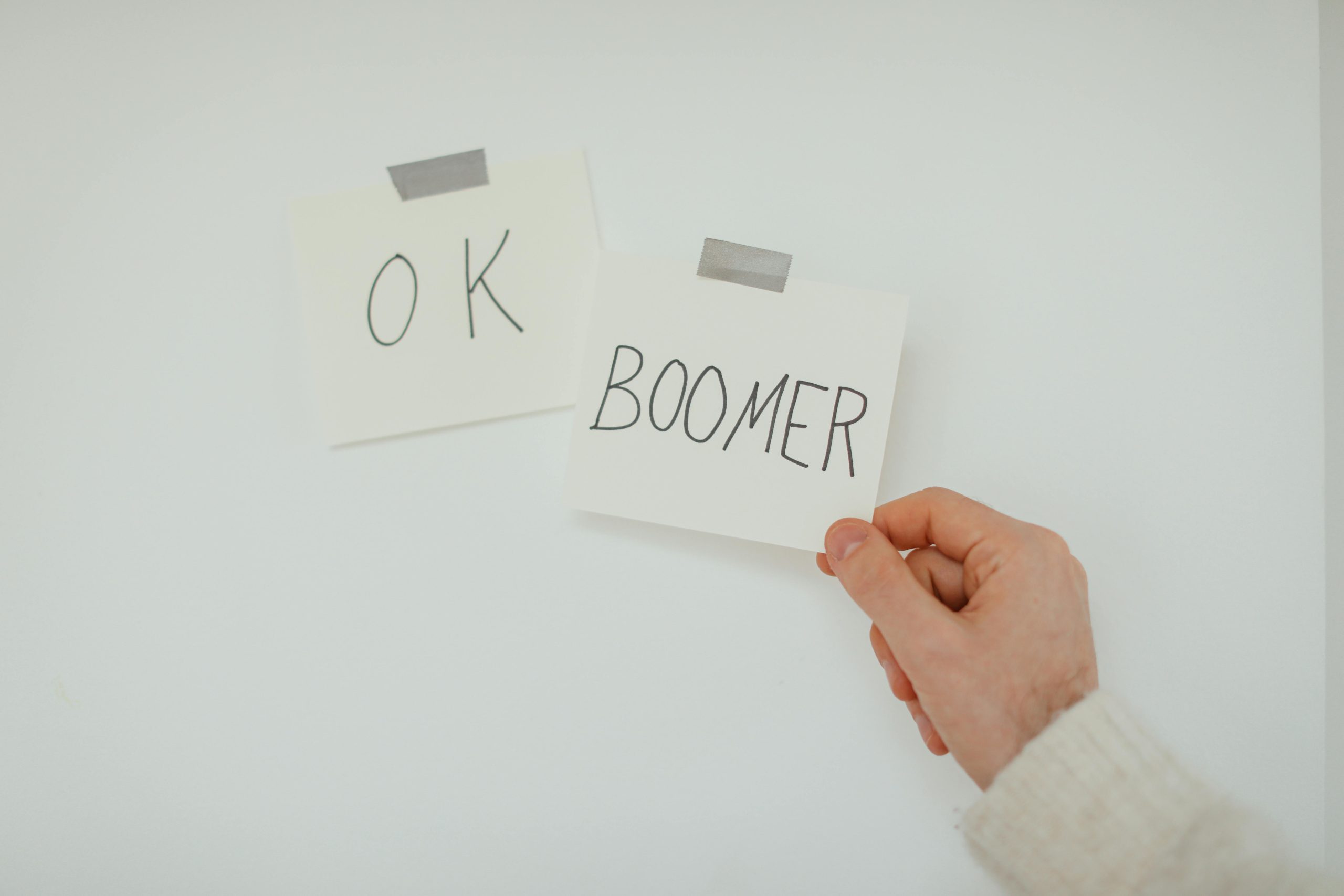“Would you say the boomer generation is responsible for plight of mankind today?”
Understanding the Role of the Baby Boomer Generation in Today’s Societal Challenges
Is the Baby Boomer generation to blame for the current struggles confronting humanity? While it’s simplistic to place blame solely on one group, it’s essential to recognize their pivotal role in shaping the trajectory of modern society. They weren’t the original cause of many issues, but they served as a critical conduit—often acting as the “carrier wave”—through which these challenges proliferated.
The Inherited Landscape of Possibility
Born into a post-World War II era, Baby Boomers entered a world brimming with opportunities:
- Affordable land and expanding suburbs
- Growing trust in government institutions
- Competitive wages without the necessity of higher education
- Single-income households thriving
- Tight-knit community bonds
This environment was primed for renewal and the construction of something enduringly meaningful. Yet, the path taken reveals much about where society stands today.
Opting for Comfort Over Confrontation
Rather than addressing or rectifying the deep-seated issues of their ancestors—such as war trauma, racial inequalities, patriarchy, and shame—many Boomers chose to embrace comfort and stability. They:
- Prioritized material wealth over societal healing
- Valued appearances over genuine authenticity
- Endorsed existing systems despite their evident flaws
- Suppressed vulnerability, fostering a culture of silence
In doing so, they inadvertently became custodians of the very structures and dysfunctions they may have once aimed to challenge.
Teaching Performance Instead of Authenticity
In raising subsequent generations, the Baby Boomers often emphasized conformity and external success over emotional intelligence and presence. This legacy is evident in how many grew up with:
- Diminished emotional openness
- Self-worth linked predominantly to productivity
- Respect defined by adherence to norms
- Disconnection from inner selves in pursuit of societal approval
Rather than breaking cycles of dysfunction, many contributed to their perpetuation, leaving younger generations to confront and heal the wounds left behind.
Reflecting on Responsibility
So, are Baby Boomers ultimately responsible? To some extent, yes. They possessed the tools and influence to halt or reverse trends of societal decline but often chose insulation over intervention. They weren’t malicious actors but rather individuals driven by the comfort of the status quo—a comfort that, over time, has precipitated societal vulnerabilities.
While viewing this critically, it’s vital to avoid demonization. Recognizing their role allows us to understand how institutional and cultural














Post Comment